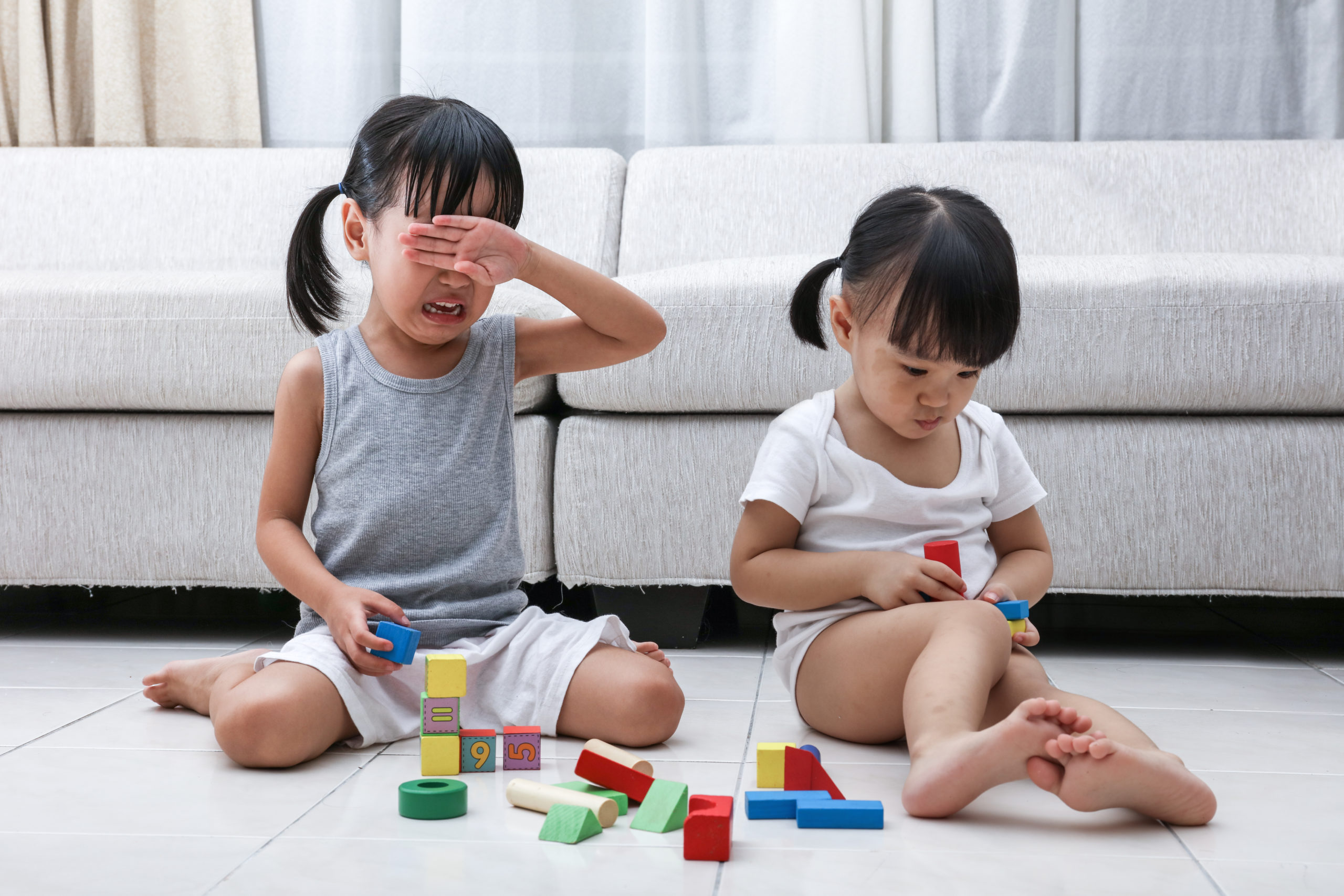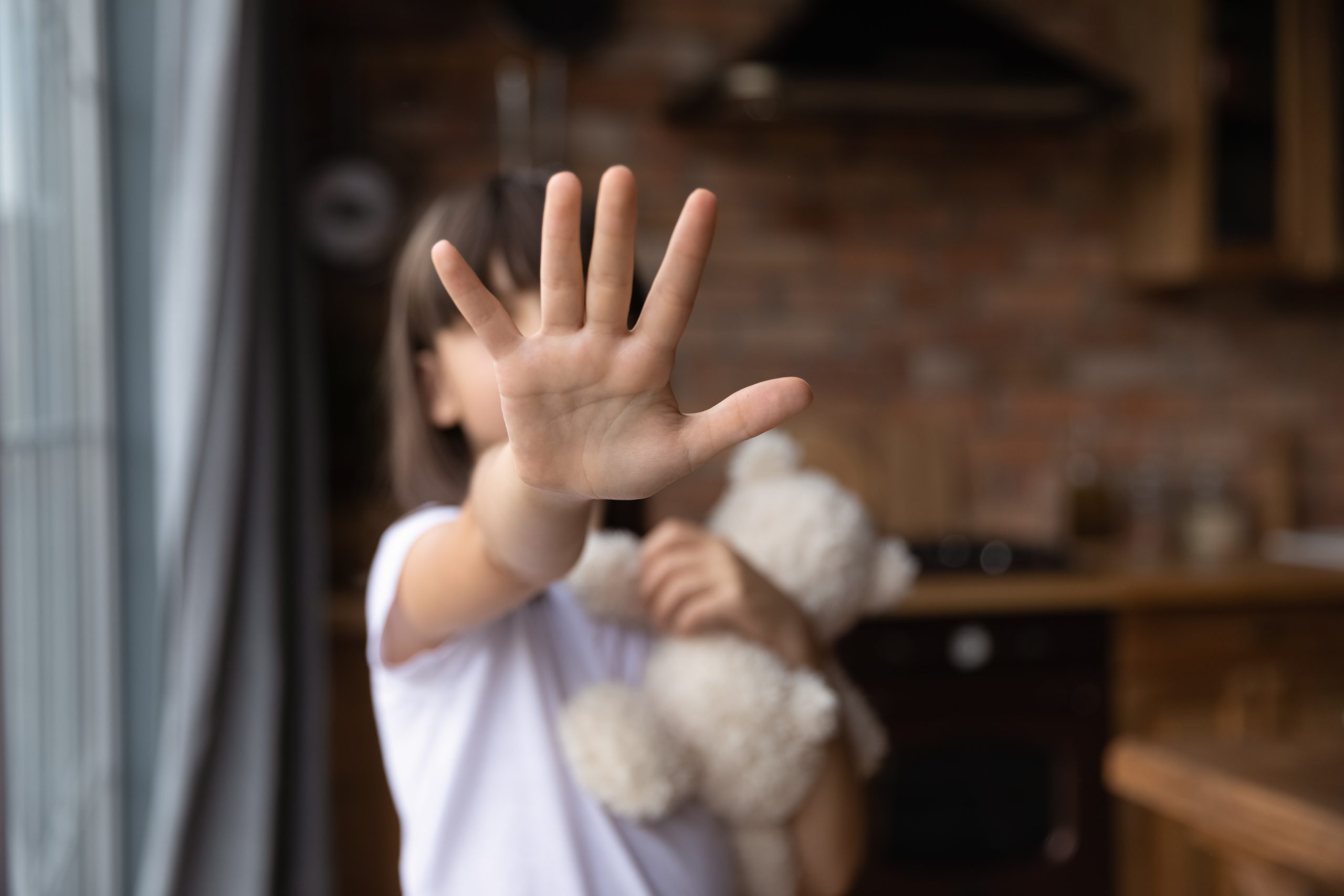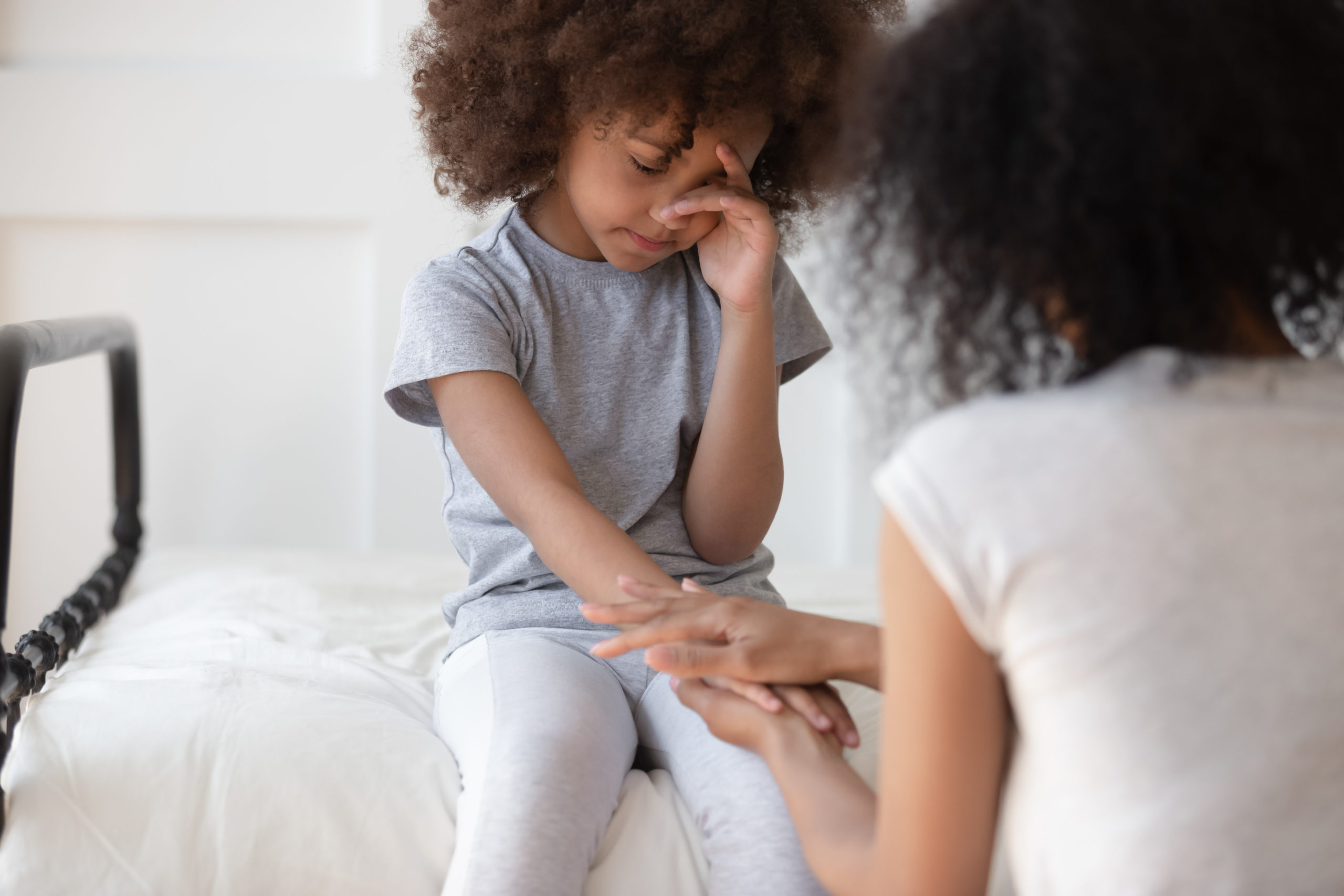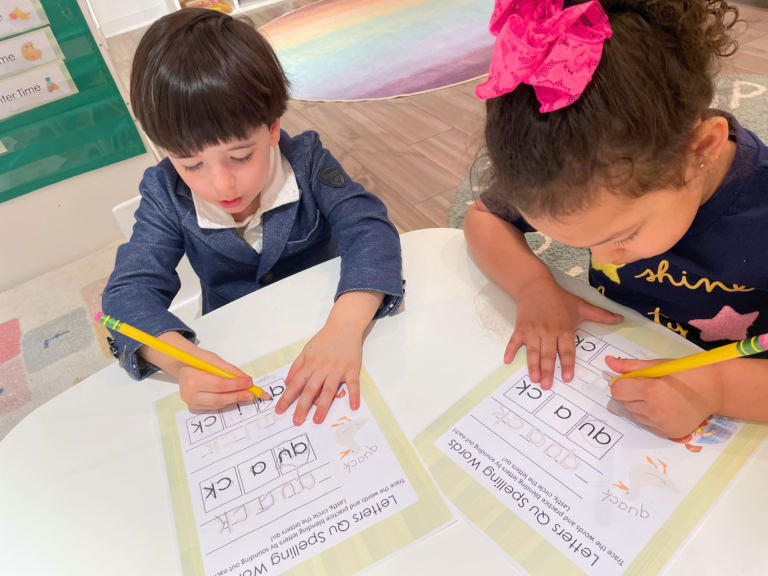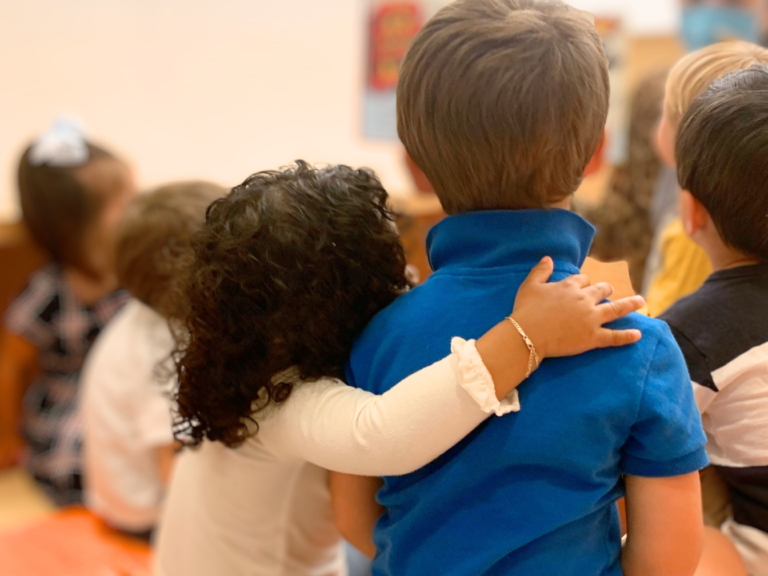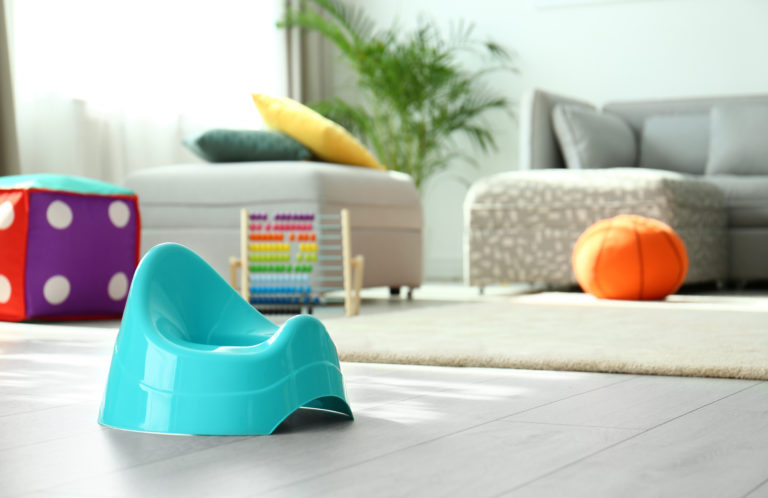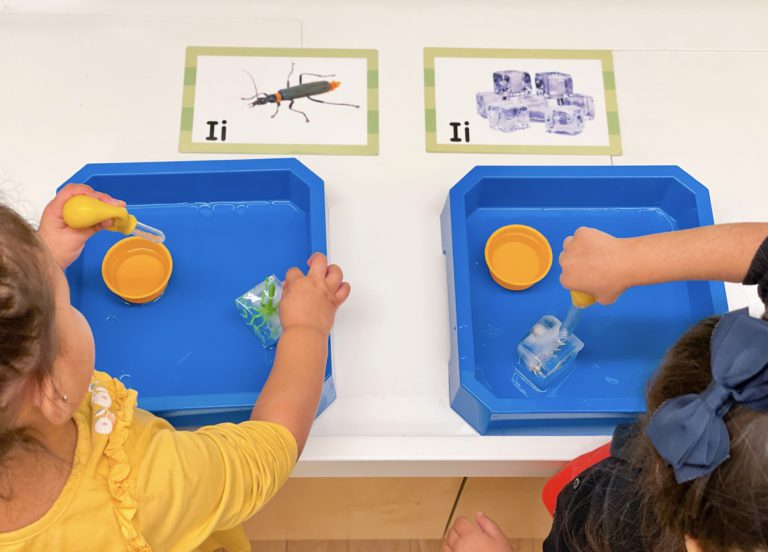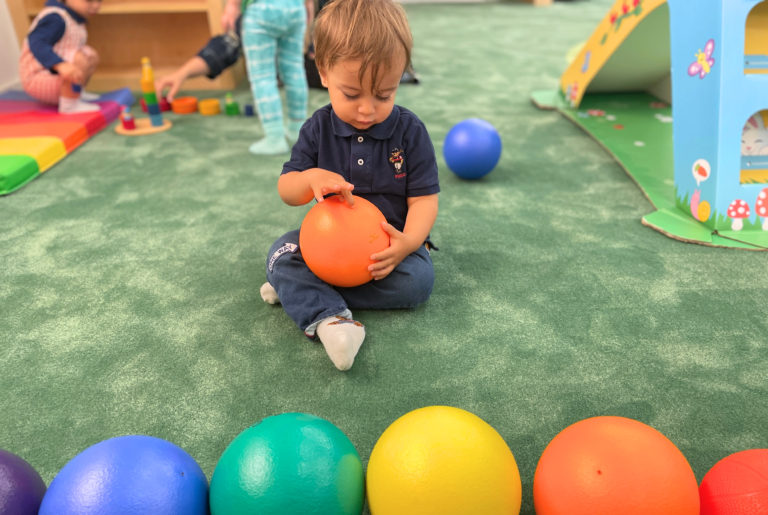How to Prevent Bullying in Early Childhood
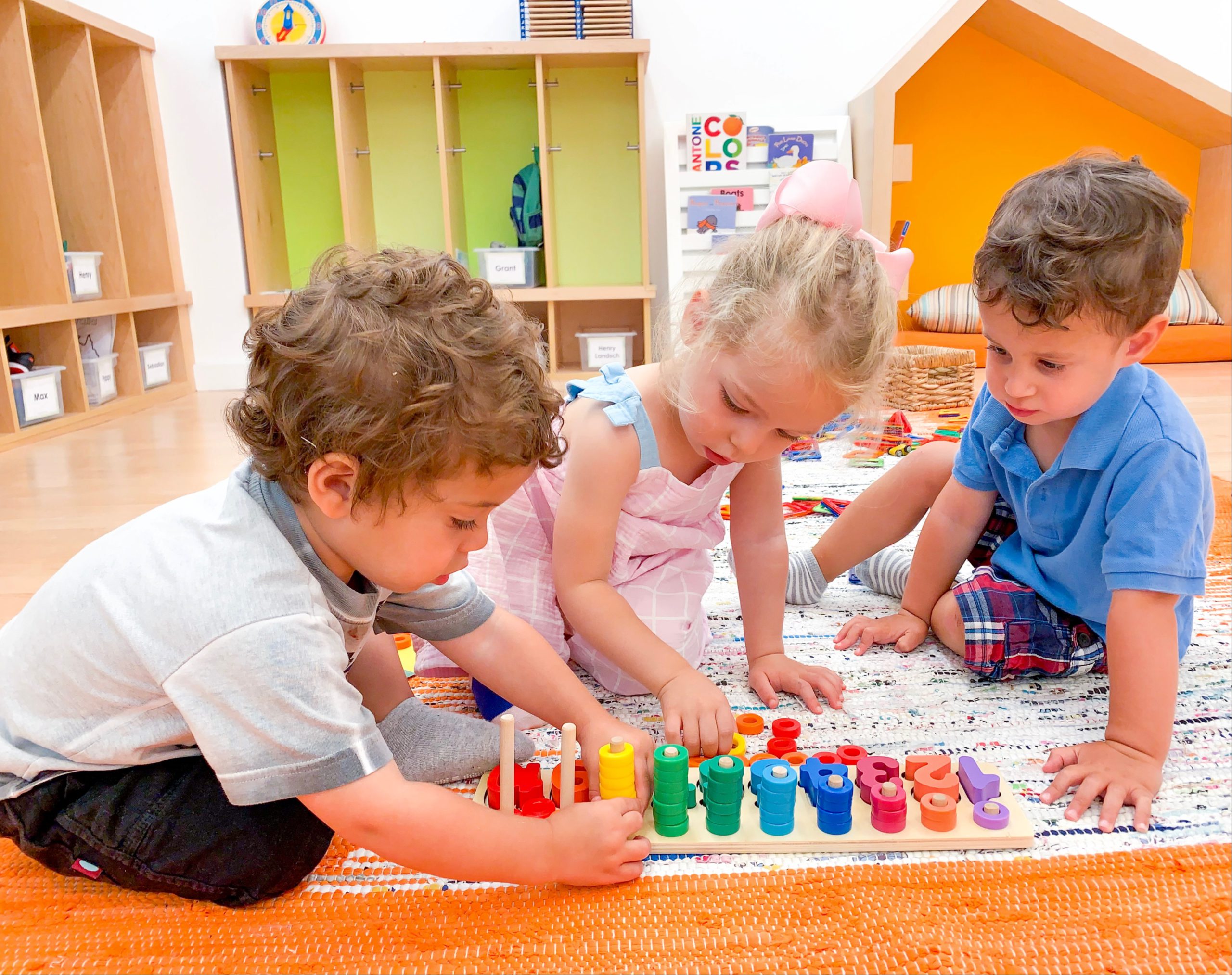
Bullying Prevention in Early Childhood Education Settings
With the excitement of your little one starting school comes the anticipation of how they will interact with their peers. In early childhood education, little ones’ personalities and social skills are still developing, meaning they are still learning to differentiate between right and wrong, good and bad. The classroom is one of the first places little ones can run into social scuffles with peers. As teachers, we do our best to prevent escalation when we see disagreements or power struggles between classmates. If left unacknowledged, the situation could escalate to bullying. Encouraging acceptance of each other and respect for one another is one of many ways to prevent escalation, and in turn, prevent bullying.
The effects of bullying are not solely on the students being bullied. Students who have experienced bullying are more likely to suffer from depression and anxiety. Additionally, students who bully are more likely to be antisocial, as well as run the risk of being bullies through adulthood. However, if students are prepared for what bullying may look like, they can understand how to protect themselves, as well as their peers. Read on to learn more parenting tips about bullying prevention in an early childhood education setting.
In the Classroom
The bullying we see on television and in movies can often alter our view or definition of bullying. We typically see bullying situations play out in middle or high school settings, making it difficult to know if bullying prevention strategies are even necessary in an early childhood education setting, as most parenting tips for bullying are geared towards older children. However, this aggressive behavior often appears much earlier. Studies show that compared to other age groups, kindergarten and preschool students more frequently exhibit aggression towards their peers (Hanish). In the classroom, this can look like physical aggression (like hitting or biting), peers being excluded from activities, or using hurtful words. Now this is not completely surprising, seeing as children of this age have not experienced a lot of social interaction, especially children born right before and during the COVID-19 pandemic. At work as an enrichment teacher, I meet a lot of little ones who are socializing in a class setting for the first time. Some students are very hesitant as they adjust to their new surroundings, while other students are ready to jump in and try everything. Both are welcomed and respected in class, reinforcing the fact that everyone is supported and treated with kindness.
Anti-Bullying Programs
There are many programs that offer parenting tips and guidance in teaching bullying prevention, helping teachers and adults become allies themselves. Programs like Second Step and the Bernese Program against Victimization in Kindergarten and Elementary school work with adults and students to help understand aggressive impulses and find healthy alternatives, as well as encourage positive prevention strategies. Implementing programs like these into schools can teach students how to recognize bullying, whether they are a victim or a bystander, and give them the tools to deal with the situation.
How to Teach Bullying Prevention at Home
Home is where your little one learns how to socialize with their family. Whatever your family looks like, bullying prevention can be practiced at home. Social-emotional development is where your little one learns how to interact with other people, as well as learn how to support peers that may experience bullying. There are so many story books that support social-emotional development for early childhood education, including stories about empathy and standing up to bullies. Find a list of recommended social-emotional books for your little one here!
You can also teach your little one the 3 R’s of anti-bullying: Recognize, Refuse, Report.
Recognize: Talk with your little one about behavior that you would recognize and define as bullying—name-calling, exclusion, physical aggression, etc.
Refuse: Once you recognize that you or someone you know is being bullied, refuse to be treated this way. Encourage your little one to stand up for themselves and others. Talk through some possible responses to the bully.
“I do not like being treated this way and I would like you to stop.”
“If you do not stop treating my friend this way, I am going to tell a teacher (or trusted adult).”
Report: If the bully does not stop, then it is time to report, or tell a trusted adult what is going on and let them handle the situation.
At the end of the day, we want our little ones to move through the world free to express themselves the way they want, surrounded by people who support them. The harsh reality is that bullies do exist, but the silver lining is that we have the chance to raise strong empathetic children with the tools to stand up for themselves, as well as others, creating a kinder and more inclusive generation. Check out the below resources for more parenting tips on bullying prevention! For more early childhood education resources, try Playgarden Online for FREE by signing up HERE.
Bully Prevention Resources:
Zero to Three, National Center for Infants, Toddlers and Families
The ACT Raising Safe Kids Program
Parent Advocacy Coalition for Educational Rights (PACER)
Technical Assistance Center on Social Emotional Intervention for Young Children (TACSEI)
Popular


Hi, I'm Miss Julia!
Miss Julia has been an early childhood educator for 5 years, with over 10 years of experience working in childcare. She has been teaching at Playgarden Prep since 2017, and is happy to share ideas on some of her favorite early education topics with you! Miss Julia has a BA from UC Irvine, and uses her experience in performing arts to inspire little ones every day in her enrichment classes at Playgarden. In her free time, Miss Julia loves enjoying nature, cooking, and creating with friends.

